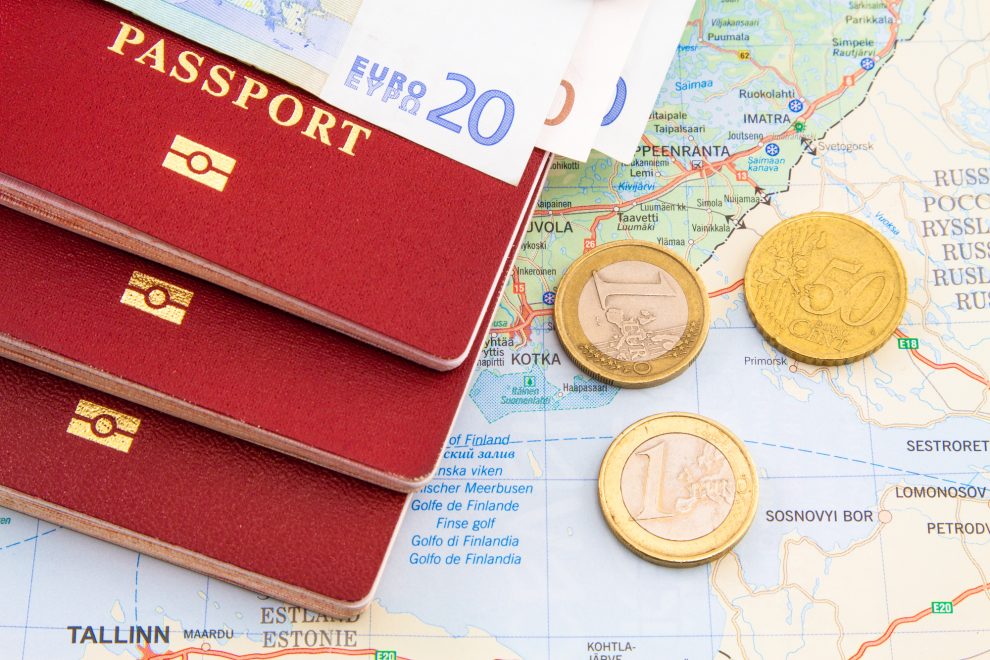Thirteen countries now treat passports as a new global asset class, selling them legally on the open market as if they were government bonds. They are Antigua and Barbuda, Dominica, Grenada, St Kitts and Nevis, St Lucia, Cyprus, Malta, Moldova, Montenegro, Vanuatu, Austria, Jordan and Turkey.
The citizenship business is now worth $3bn a year worldwide in direct passport sales alone. It operates much like any other industry. Countries compete on the open, global market, often undercutting each other on price.
Buyers include businessmen and women who need to travel often but do not come from countries such as Britain that enjoy visa-free access to leading economies; wealthy nomads who want to hedge their identity and lifestyle as they hedge their investments; and, inevitably, human-rights violators, money launderers or other fugitives from justice.
The Caribbean is the centre of the trade since its islands’ colonial past affords its citizens wide visa-free access, typically to about 130 nations, including the 26 European countries in the Schengen area. Conveniently, many of the islands are also offshore financial centres. Citizenship in low-tax states such as St Kitts or Antigua can help a tax lawyer make the case that you don’t owe money in other jurisdictions. The islands also need the money. In Antigua, it is pumped into infrastructure and local businesses such as the solar farm and the hotel development on Nonsuch Bay.
Antigua has a special passport offer until October: the usual price — a one-off investment into the nation’s development fund — has been discounted by 50% to a mere $100,000 (about £76,000). That’s cheap — a fraction of the price of a Gulfstream jet or a superyacht. Nimbler too.
Demand ebbs and flows as global economic and political stability rises or falls. With a general election perhaps the only way to resolve the Brexit imbroglio, demand from UK citizens is spiking.
“We’ve had an increase in calls,”says Dr Christian Kalin, Chairman of London-based Henley & Partners, the world’s leading citizenship sales agency. The threat of hefty personal and corporation tax rises, capital controls and VAT on school fees if Labour were to win an election is spurring Brits to abandon national monogamy.
Charmaine Quinland-donovan, head of the citizenship scheme in antigua, says it has raised $400m. $400m has been invested in Antigua through the programme — about 5% of GDP and 20% of all foreign investment. The cash has helped Antigua to pay off its entire external debt to the IMF — about $117m — which accrued after the economy shrunk by a quarter during the global financial crisis. Overall debt is down from a risky 104% of GDP to a respectable 72%. New investment has helped the economy grow at about 5% a year, boosting employment by almost a quarter since 2013.
“It’s a social good for Antigua and for the world,” she adds.
“We have amended our laws to make sure they do not use their citizenship here to avoid paying taxes. If these individuals bring millions or billions of dollars here, they have to be reported.”
Read the full report here
Credit: Sunday Times Magazine





